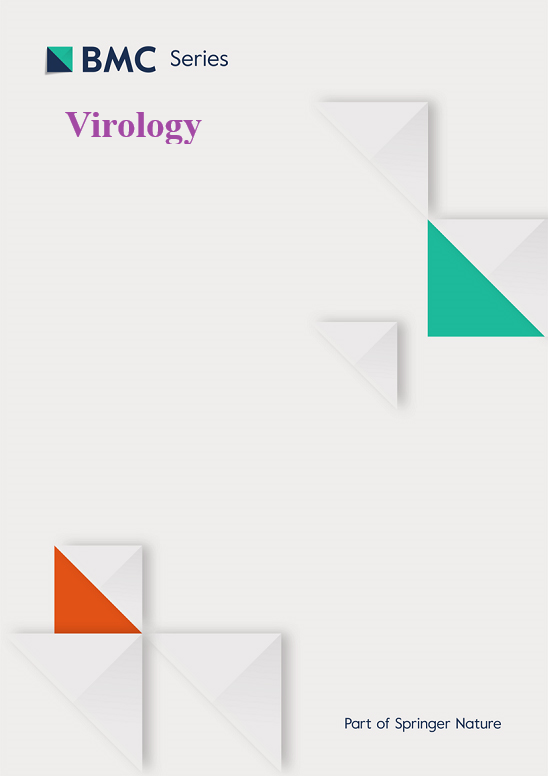Multiple exposures to SARS-CoV-2 Spike enhance cross-reactive antibody-dependent cellular cytotoxicity against SARS-CoV-1
IF 2.8
3区 医学
Q3 VIROLOGY
引用次数: 0
Abstract
Vaccination or infection by SARS-CoV-2 elicits a protective immune response against severe outcomes. It has been reported that SARS-CoV-2 infection or vaccination elicits cross-reactive antibodies against other betacoronaviruses. While plasma neutralizing capacity was studied in great detail, their Fc-effector functions remain understudied. Here, we analyzed Spike recognition, neutralization and antibody-dependent cellular cytotoxicity (ADCC) against D614G, a recent Omicron subvariant of SARS-CoV-2 (JN.1) and SARS-CoV-1. Plasma from individuals before their first dose of mRNA vaccine, and following their second, third and sixth doses were analyzed. Despite poor neutralization activity observed after the second and third vaccine doses, ADCC was readily detected. By the sixth dose, individuals could neutralize and mediate ADCC against JN.1 and SARS-CoV-1. Since previous reports have shown that Fc-effector functions were associated with survival from acute infection, these results suggest that ADCC could help in combating future SARS-CoV-2 variants as well as closely related coronaviruses.
多次暴露于SARS-CoV-2刺突增强对SARS-CoV-1的交叉反应性抗体依赖性细胞毒性
接种疫苗或感染SARS-CoV-2可引起保护性免疫反应,防止严重后果。据报道,SARS-CoV-2感染或疫苗接种可引起针对其他冠状病毒的交叉反应性抗体。虽然对等离子体中和能力进行了详细的研究,但它们的fc效应功能仍未得到充分研究。在这里,我们分析了Spike对D614G的识别、中和和抗体依赖性细胞毒性(ADCC), D614G是SARS-CoV-2 (jon .1)和SARS-CoV-1的最新Omicron亚变体。分析了个体在第一次接种mRNA疫苗前和第二次、第三次和第六次接种mRNA疫苗后的血浆。尽管在第二次和第三次接种疫苗后观察到的中和活性较差,但ADCC很容易被检测到。到第六剂时,个体可以中和和介导ADCC对抗JN.1和SARS-CoV-1。由于以前的报告表明fc效应功能与急性感染的存活有关,这些结果表明,ADCC可能有助于对抗未来的SARS-CoV-2变体以及密切相关的冠状病毒。
本文章由计算机程序翻译,如有差异,请以英文原文为准。
求助全文
约1分钟内获得全文
求助全文
来源期刊

Virology
医学-病毒学
CiteScore
6.00
自引率
0.00%
发文量
157
审稿时长
50 days
期刊介绍:
Launched in 1955, Virology is a broad and inclusive journal that welcomes submissions on all aspects of virology including plant, animal, microbial and human viruses. The journal publishes basic research as well as pre-clinical and clinical studies of vaccines, anti-viral drugs and their development, anti-viral therapies, and computational studies of virus infections. Any submission that is of broad interest to the community of virologists/vaccinologists and reporting scientifically accurate and valuable research will be considered for publication, including negative findings and multidisciplinary work.Virology is open to reviews, research manuscripts, short communication, registered reports as well as follow-up manuscripts.
 求助内容:
求助内容: 应助结果提醒方式:
应助结果提醒方式:


